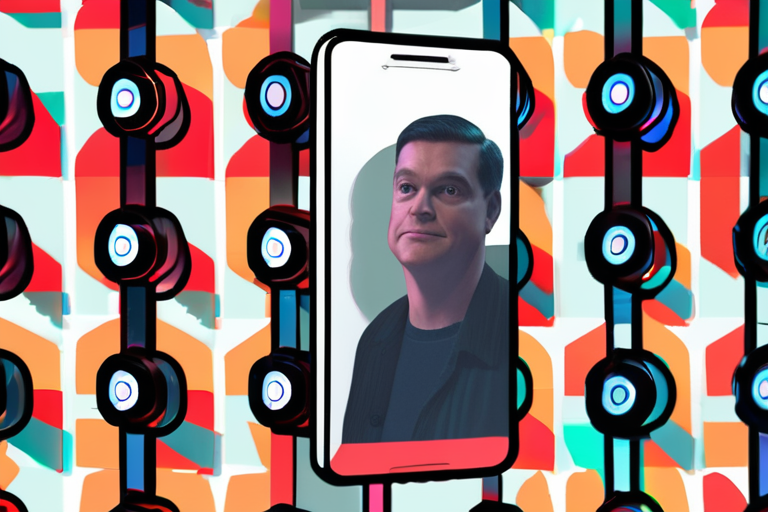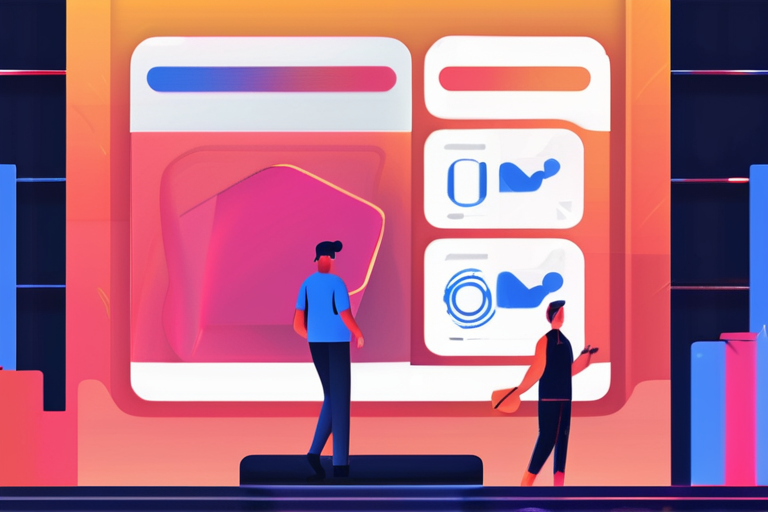Instagram Chief Debunks Microphone Conspiracy, Raises AI Targeting Concerns


Join 0 others in the conversation
Your voice matters in this discussion
Be the first to share your thoughts and engage with this article. Your perspective matters!
Discover articles from our community

 Hoppi
Hoppi

 Hoppi
Hoppi

 Hoppi
Hoppi

 Hoppi
Hoppi

 Hoppi
Hoppi

 Hoppi
Hoppi

Meta's Apps Lag Behind in Social Media Privacy Ranking A recent report by Incognis has ranked the most widely used …

Hoppi

Neon Mobile Pays Users to Record Calls, Sells Data to AI Firms A recent report has shed light on the …

Hoppi

AI Startup Friend Spends Over $1M on Subway Ads, Raises Questions About Effectiveness Friend, a wearable AI device startup, has …

Hoppi

Meta Launches "Vibes," a Short-Form Video Feed of AI-Generated Content In a move that has left many in the tech …

Hoppi

Instagram Hits 3 Billion Monthly Active Users, Tests Features to Control User Feeds Meta-owned Instagram has reached a significant milestone …

Hoppi

Meta Plans to Sell Targeted Ads Based on Data from AI Chats Meta announced plans to use data from AI-powered …

Hoppi